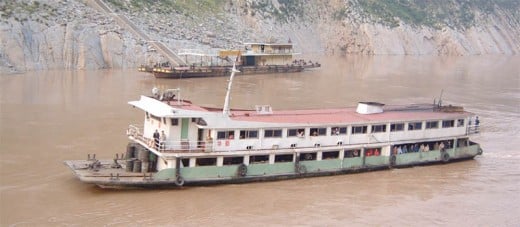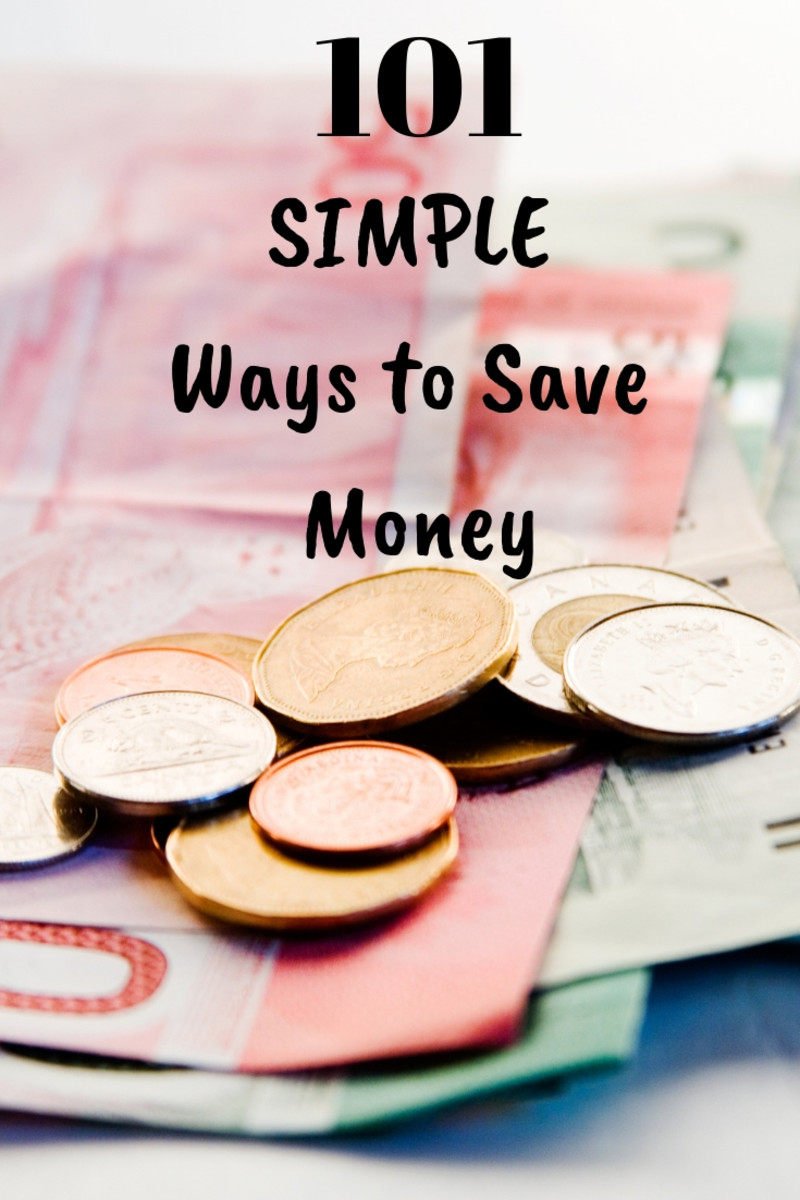Cheap Vacation Transportation: How to Save Money on Vacation
Off-the-beaten-path Transport

The purpose of a vacation is to get a change of some sort, a change of pace or perspective. For most people, this involves some kind of travel so they can get away from their usual surroundings with their associated day-to-day routines. But travel is expensive—or is it? Just cutting transportation in half, for example, would be significant. Here are some ideas that should help you save money on vacation transportation. Some will be impractical for you. But some will get you to start thinking in ways you might not have before.
- You don’t always have to go a great distance. You just need to be away from home and work. Pull out the map and draw one circle 50 miles radius from home and another one 200 miles radius from home. Look at all the interesting places to visit where you haven’t been! Pick an inexpensive lodging in one of those areas and take the car.
- You don’t have to be limited to flying or driving. Depending on your location and destination, it is possible that travel by bus, boat, ship or train might be available and suitable.
Unusual Transportation is Usually Cheaper

The Four Most Expensive Parts of Vacations
- Four Vacation Expenses
The purposes of a vacation are to break the routine, get a change of pace, get a different perspective on one's life and have fun doing so. The four most expensive elements present in most vacations are: transportation, lodging, meals and activities.
- Transportation
- Lodging
- Meals
- Activities
- Unless you’re driving there and back, you’ll need to factor in the cost of getting to and from the airport. At your destination, you’ll need to calculate the decision of whether to rent a car against the choice of accommodations.
- Go against the flow. If you can be flexible about destination, you can get a cheaper fare and accommodations than flying to Disneyland. If you can be flexible about dates, airlines will lower prices drastically just a few days before a flight when they see that there’s almost no hope of filling empty seats. If everyone’s going skiing on the slopes, go water-skiing. (OK, that’s too extreme, but you get the idea.)
- Sometimes you can get a better deal with frequent flier miles than with cash. This is especially true for flights to out-of-the-way destinations (like some remote vacation locations) rather than to major hubs. The number of miles required is typically the same regardless of how may legs the trip has, whereas the cash price goes up dramatically when you add legs and get away from the hubs.
- For the main hubs (we’re talking airports here, Hubbers), you can also sometimes get a flight with frequent flier miles close to a holiday when all the cash seats are sold out. They often have seats for frequent flier miles set aside from those available to cash customers.
Airfare Guides
- A “cash-and-miles” combination is often the most economical option when it is offered. It is usually available at about three different ratios of cash to miles. I consider 10,000 miles equivalent to $100, and then just do the math (your results may vary). Take the cheapest combination, assuming you have that many frequent flier miles saved up.
This can also be a way to get a seat designated for frequent flier miles when all the cash seats are sold out. I once forgot to make advance reservations for two for a foreign trip that was simply not optional. I began to panic when I realized that the only seats available were costing four times as much as usual economy fares. The airline suddenly announced a cash-and-miles deal that would cost me less than paying straight cash or straight miles. Seat availability was wide open, and I’m like, “Thank you, Lord!” - Be alert to overbooking with the airlines. If you travel enough to be able to tell when the line is too long and the agents are too busy—and especially if you see an agent moving down the line with a clipboard in hand, ask whether they are looking for volunteers to bump. My family of four was passing through Manila just after Christmas once when we were approached by the agent. Would we take $400 per person plus accommodations in a nicer hotel than we were used to? Sure! (That was 20th century dollars.) OK, so the next day back at the airport, here she comes again and my wife says, “No!” The point here is that our travel flexibility saved big money (not that we would have even made money if my wife had been more agreeable, but that’s true too).
- If your trip is at all complicated or will be really ruined by a flight cancellation or lost bag, buy trip insurance. Some credit cards provide that automatically—if you pay with that card—so be sure to check out that angle. My extended family doesn’t travel much, but in the past year, they’ve had mid-trip delays of one night or more due to volcanoes, blizzards, hurricanes—you know—the usual stuff that you figure would never happen to you. They had no trip insurance, of course, and having it would have saved them some money and aggravation.
I’ve done a lot of travel and there’s only one time I took out trip insurance (and didn’t need it): My wife and I were traveling to the other side of the planet on a string of five airlines to be VIPs at a two-day ceremony. It was so close to a war zone that we chose not to request a government permit. The local organizers were expecting us though and sent a welcoming party including representatives of three of the armed services to make sure nothing untoward happened. If anything had gone wrong with the trip, we would have been reimbursed for travel expenses.










